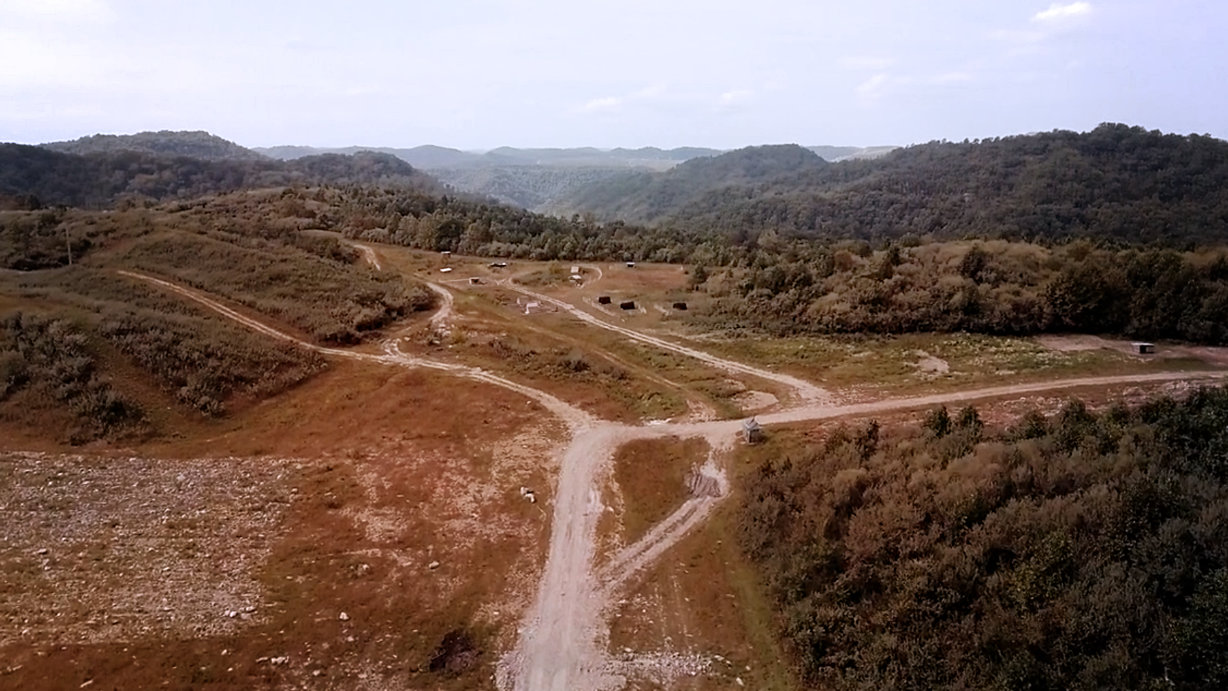Coalfield Development put Wilburn back to work through a sustainable agriculture business we incubated, which converted a former mountaintop removal mine into an active farm to sell fresh food products. Wilburn and his fellow crew members work by our 33-6-3 model each week: 33 hours of paid work, 6 hours of higher education, and 3 hours of life-skills development.
At the end of their 2.5 year contract, crew members transition from being unemployed and in need of public assistance, to trained workers with an Associate’s Degree. We’ve used this model to start new businesses in the bio-based manufacturing, solar, construction, arts and culture, and retail sectors. We have helped start over 50 new businesses and re-trained over 800 formerly unemployed people.
The farm where Wilburn worked sits next to an active mountaintop removal mine. As we fed hogs and chickens each morning, equipment the size of buildings moved massive amounts of dirt (called over-burden) off of high, steep ledges. Dust clouds ballooned up into the sky. One morning as he worked, without meaning to be profound, Wilburn watched as this over-burden tumbled down. He then looked over at new crops growing up on our site and said, “I reckon that there is the past, and this here is the future.”
The coal industry will never again be the dominant industry it once was. This fact creates deep pain for those of us living in Appalachia, especially for our miners. The transition away from coal (which is already happening) isn’t just creating an economic crisis. It’s creating a social crisis, leading to an addiction epidemic. And it’s creating an environmental crisis, as closed coal mines leave scarred and polluted landscapes in their wake.









